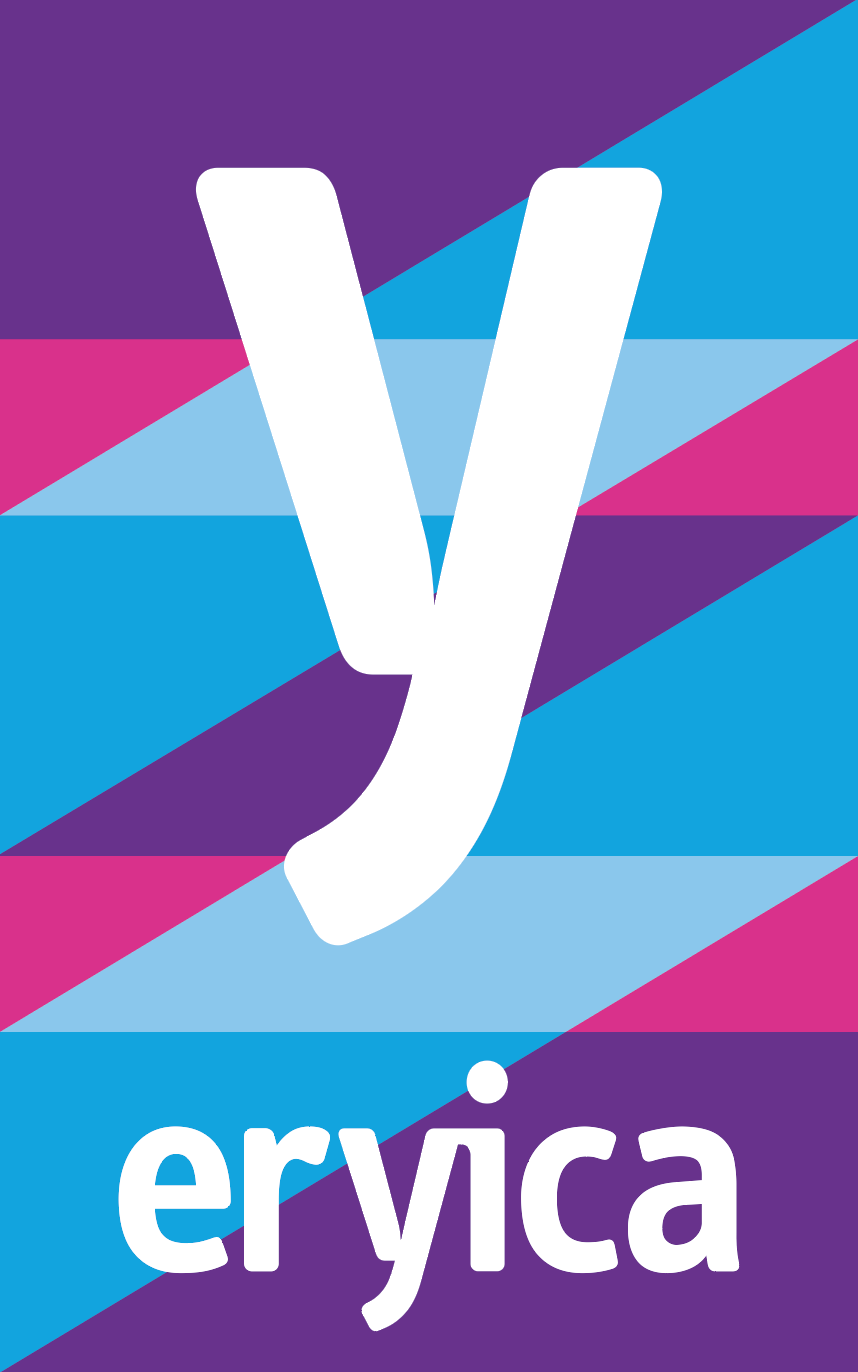MediaMind – Artificial Intelligence Literacy for Everyday Life
2025
MediaMind – Artificial Intelligence Literacy for Everyday Life
In a time strongly influenced by digitalisation, young people are confronted with numerous challenges, including evaluating information, dealing with disinformation and fake news, as well as the sheer volume of information. To address these challenges, the Jugendstiftung has launched the innovative project "MediaMind - Artificial Intelligence in Everyday Life”.
MediaMind is a project that aims to strengthen the media skills of young people in Baden-Württemberg. It focuses on teaching young people how to act responsibly and critically in a digital society, especially when dealing with artificial intelligence (AI).
Objectives and content of the project:
Strengthening information and data literacy: Young people gain a basic understanding of how AI applications work and learn how to critically scrutinise AI information and assess its credibility.
Practice-oriented workshops: A total of 14 project days (6 in 2024, 8 in 2025) will be organised at various school locations. These workshops, designed by experienced media education specialists, impart practical knowledge on topics relevant to everyday life, such as managing finances, insurance, and tenant issues.
AI-supported knowledge clips: A particular highlight is the creation of short knowledge clips (30 to 60 seconds)57. The voice-over texts for these videos are partly generated by AI applications and then checked and edited by the young people57. A professional film-maker accompanies the filming57. A total of 70 of these knowledge clips are to be produced.
Raising awareness of digital dangers: The workshops cover essential topics such as fake news, disinformation, and filter bubbles to sensitise pupils and teach them strategies for critical media literacy.
Getting to know counselling services: Young people are familiarised with important, independent, and high-quality information and support services, such as the consumer advice centre or debt counselling.
Teacher training: The project also enhances teacher training, enabling them to impart information and data skills in the classroom when dealing with AI applications. To this end, practical training courses are carried out in cooperation with the State Institute for Communication and the Centre for School Quality and Teacher Training.
Target group and reach: The project is aimed at pupils in grades nine and above. It is planned to reach 350 young people and at least 14 teachers directly over the 14 project days. Additionally, the publication of the knowledge clips on Jungeseiten.de and other social media channels aims to reach a broader audience, including many young people and educational professionals.
Sustainability of the project: The knowledge clips and work materials created as part of "MediaMind" will remain available online after the project's completion, for example, on Jungeseiten.de, a platform for everyday skills. Additionally, the working materials and project schedule for each day are published in the MediaMobil toolbox. This ensures that the knowledge acquired and the materials developed can be used and passed on in the long term.
"MediaMind" is expected to run from March 1, 2024, to February 28, 2026, and is funded by the Landesanstalt für Kommunikation (LFK) Baden-Württemberg.
Through its holistic approach, "MediaMind" makes an essential contribution to strengthening media literacy and the ability of young people to find their way critically and independently in the digital world.
Contact: Paul Nollenberger, nollenberger@jugendstiftung.de

